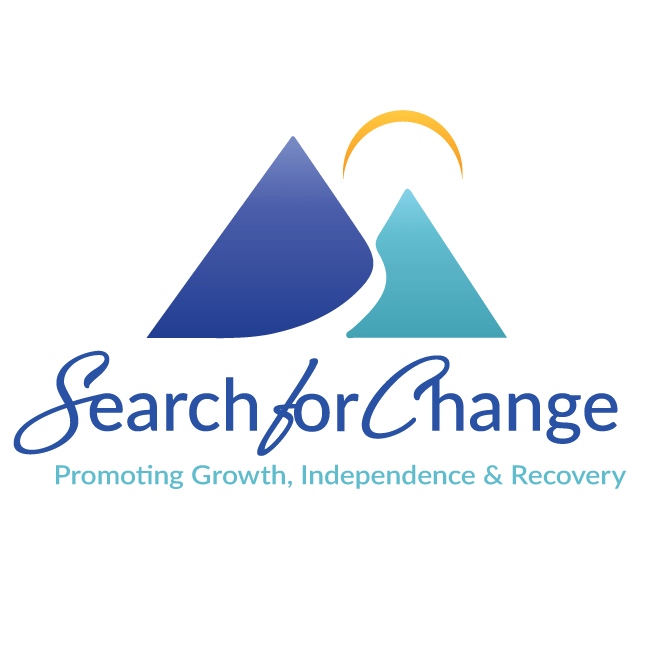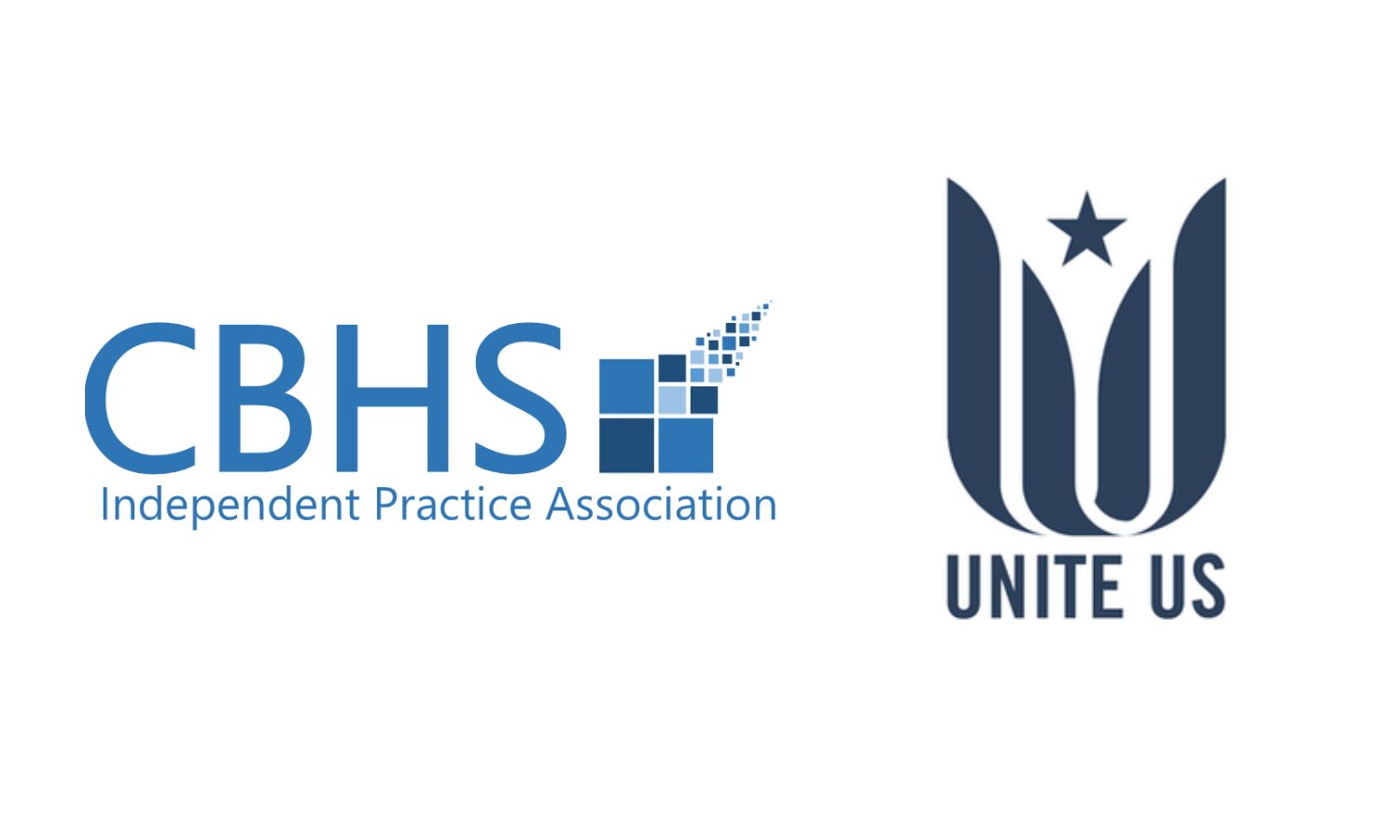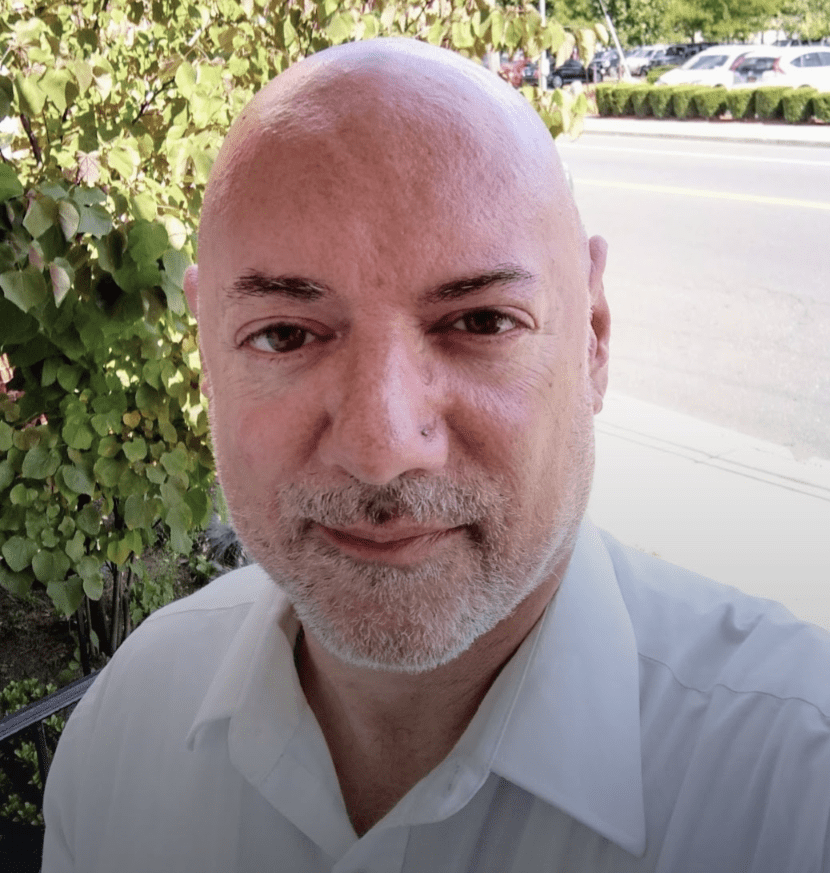Hudson Valley Care and Coordinated Behavioral Health Services Unite

FOR IMMEDIATE RELEASE
March 14, 2024
Media Inquiries:
Amie Parikh at 914.582.7192
Hudson Valley Care and Coordinated Behavioral Health Services Unite to Better Integrate Primary Care, Behavioral Health and Social Care in the Hudson Valley
What is Old is New Again: Recognizing the Value of Housing and Employment in Recovery
To successfully navigate unprecedented epidemics of mental illness and substance use, we must address both an enduring workforce crisis and the myriad political and socioeconomic factors that undermine behavioral health, particularly for members of vulnerable populations. Many individuals with serious mental illness or substance use disorders are unable to access effective treatments for their conditions due to a marked shortage of qualified behavioral healthcare professionals and inadequate insurance coverage for the care they provide (not to
An Antidote to Stigma
Stigma against persons with mental illness has waned in recent years, as affirmed by a Harris Poll administered on behalf of the American Psychological Association. This poll found a significant majority of Americans (87%) believed there is no shame in having a mental health diagnosis, and a comparable proportion of respondents (86%) said they believed individuals with mental illness may recover (American Psychological Association, 2019). As promising as these findings are, however, they belie a
The Behavioral Healthcare System’s Response to Families: A Legacy of Unfulfilled Promises
Family members of those with serious behavioral health conditions often encounter innumerable obstacles in the pursuit of effective treatment and other essential services for their loved ones. Navigating a byzantine network of resources, many of which entail restrictive eligibility criteria and extensive waitlists, is exceptionally challenging for even the most resilient and steadfast among us. Individuals commonly assume this responsibility while coping with the emotional distress that follows the revelation a son, daughter, sibling, parent,



